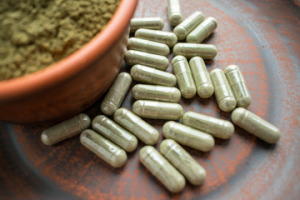
Companies can now claim ‘no artificial colors’ if they add plant-based color to food
Health advocates have long called for the removal of artificial dyes from foods, citing inconclusive studies that found they could cause neurobehavioral problems, including hyperactivity and attention issues in some children.












